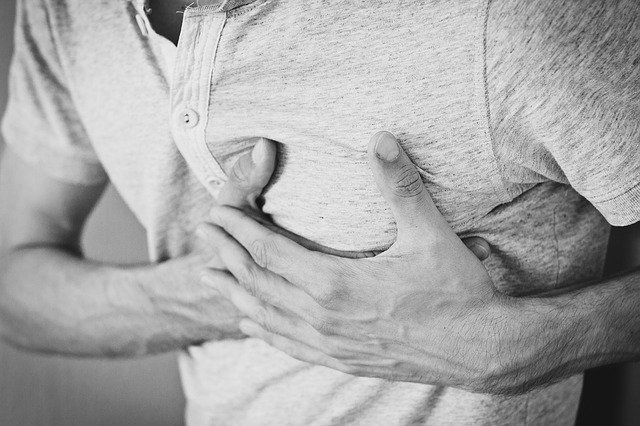What Is the Difference Between a Panic Attack and a Heart Attack?
A panic attack and a heart attack may feel similar at first, but they are medically very different conditions. A panic attack is a sudden surge of fear or anxiety, while a heart attack is a medical emergency caused by reduced blood flow to the heart. Understanding the difference can help you respond quickly and safely.
What Is a Panic Attack?
A panic attack is an intense episode of fear that triggers physical symptoms even when there is no immediate danger. Although frightening, panic attacks are not typically life-threatening.
Common symptoms include:
- Sudden fear or dread
- Chest discomfort
- Rapid heartbeat
- Shortness of breath
- Dizziness or nausea
- Sweating or trembling
Symptoms often peak within minutes and gradually improve. Individuals experiencing recurring panic episodes may benefit from professional evaluation and mental health support.
What Is a Heart Attack?
A heart attack occurs when blood flow to part of the heart muscle is blocked. Without oxygen, heart tissue begins to suffer damage. Immediate medical care is critical.
According to the Centers for Disease Control and Prevention, heart disease remains a leading cause of death in the United States.
Common symptoms include:
- Chest pressure or tightness
- Pain radiating to the arm, neck, or jaw
- Shortness of breath
- Cold sweats
- Nausea or lightheadedness
If you suspect a heart attack, call 911 immediately.
Key Differences Between a Panic Attack and a Heart Attack
Type of Chest Pain
Heart attack pain often feels like pressure or heaviness and may spread to other areas. Panic attack pain is typically sharp or localized.
Triggers
Panic attacks are often associated with emotional stress. Heart attacks are typically related to physical blockages in coronary arteries.
Duration
Panic symptoms often improve within minutes. Heart attack pain may persist or worsen without treatment.
What To Do During Symptoms
If chest pain occurs and you are unsure of the cause, seek emergency medical care immediately. It is always safer to rule out cardiac causes first.
If panic attacks recur, consult a healthcare professional for evaluation and support.
Prevention Strategies
Reducing risk factors improves both heart and mental health. For trusted health guidance, visit the National Institutes of Health.
- Maintain regular medical checkups
- Exercise consistently
- Follow a balanced diet
- Manage stress levels
- Avoid tobacco use
Health Coverage and Peace of Mind
Having reliable Health Insurance ensures access to emergency care and preventive services. Some individuals also consider Supplemental Insurance to reduce out-of-pocket exposure.
Long-term planning may also include Life Insurance to support family financial stability. During coverage transitions, Short-Term Health Insurance may provide temporary protection.
Contact Us
If you would like assistance reviewing coverage options, call 8887306001 or explore additional resources in the Health Insurance Blog.

